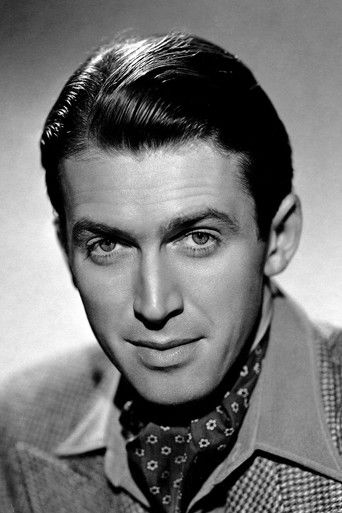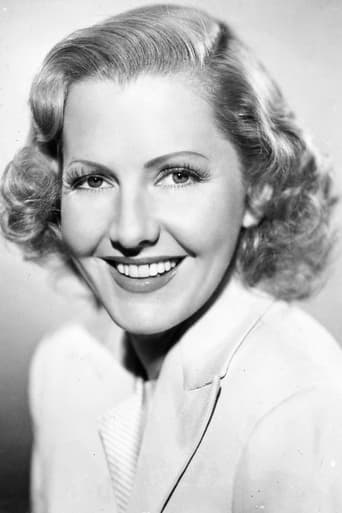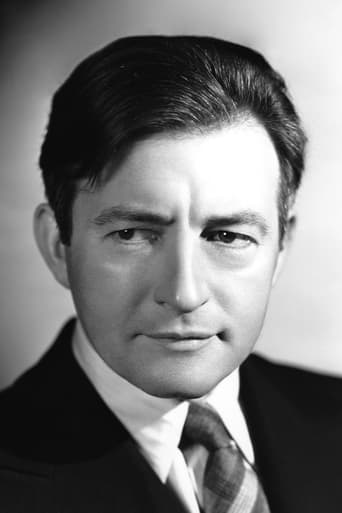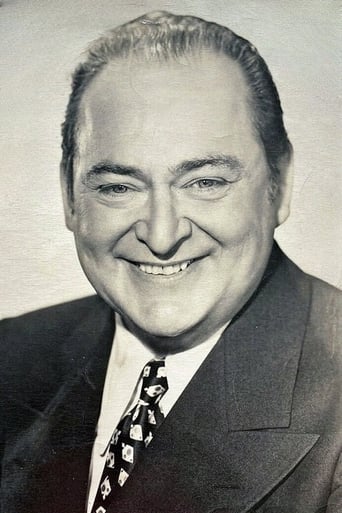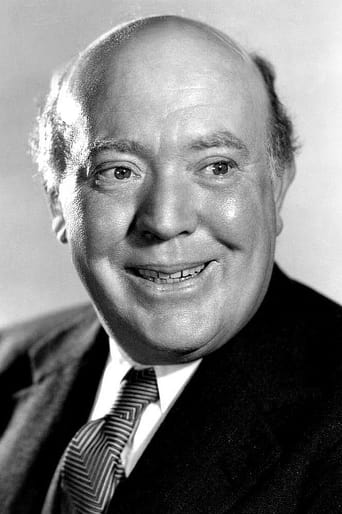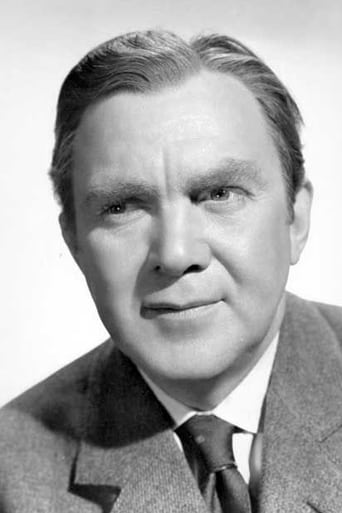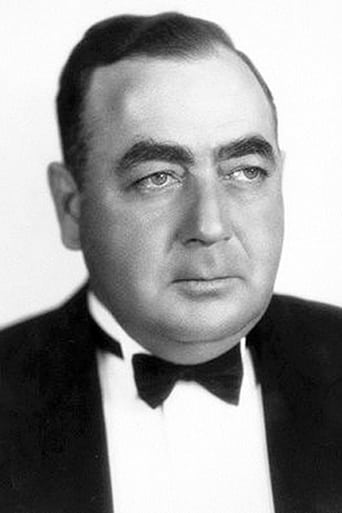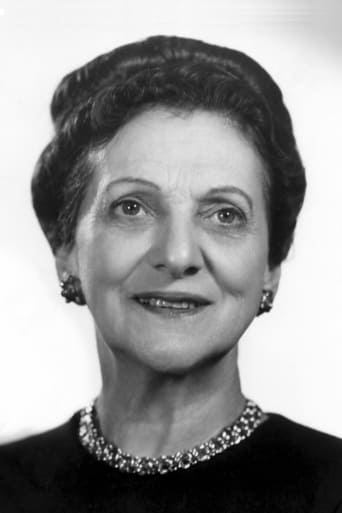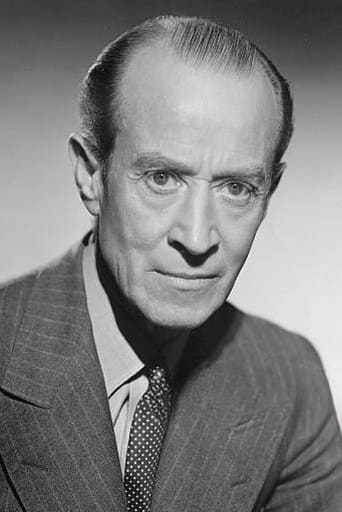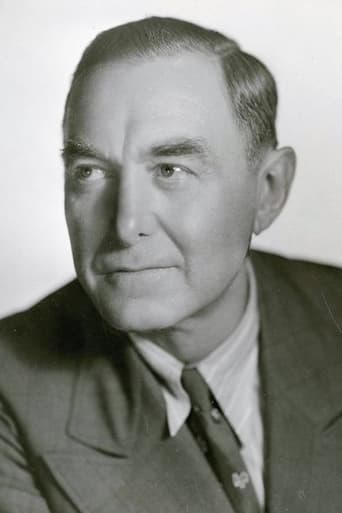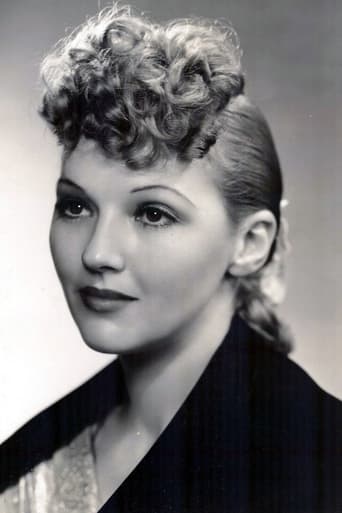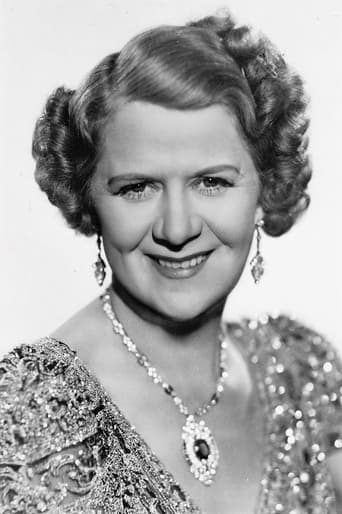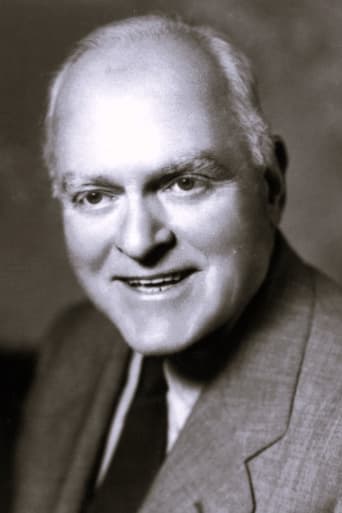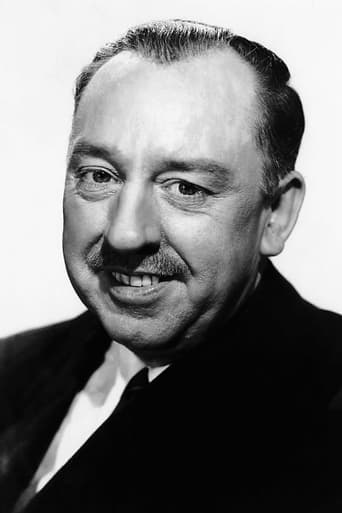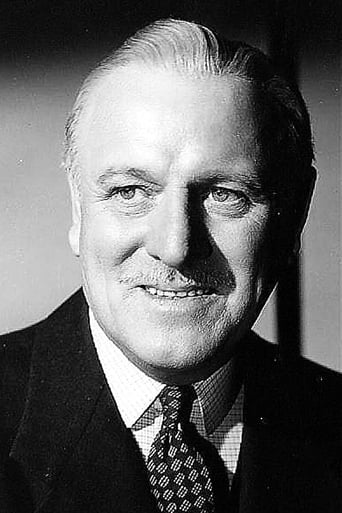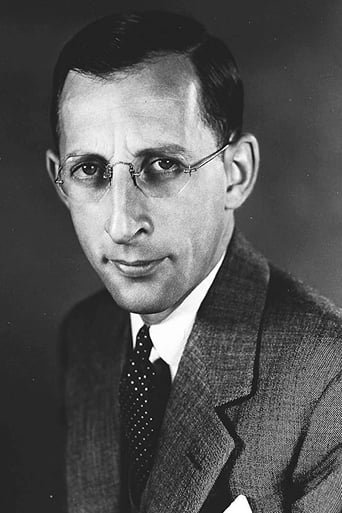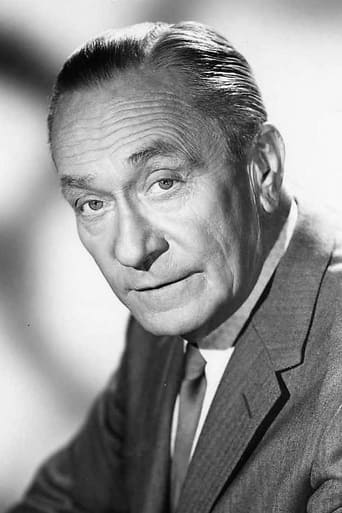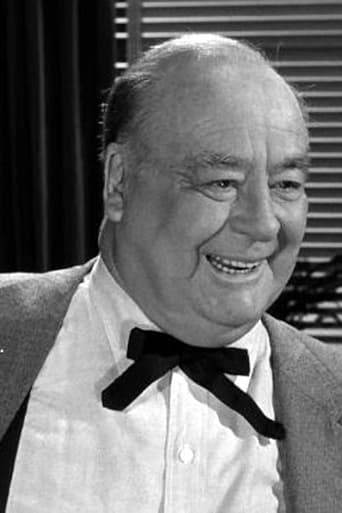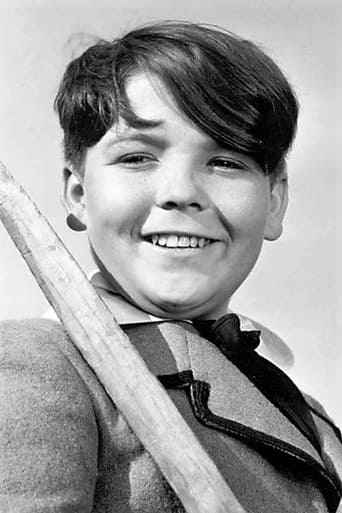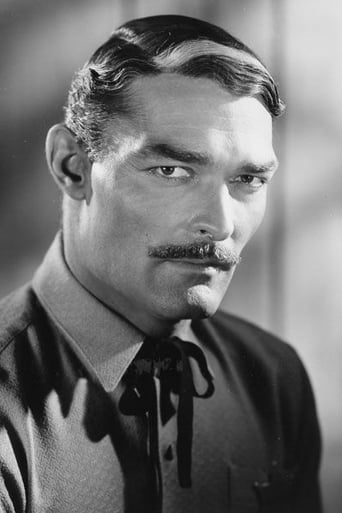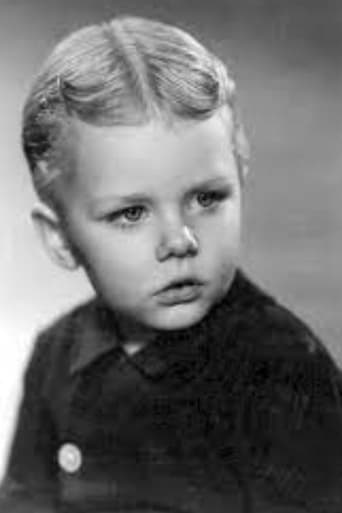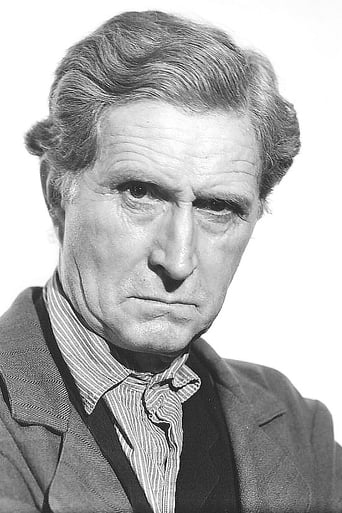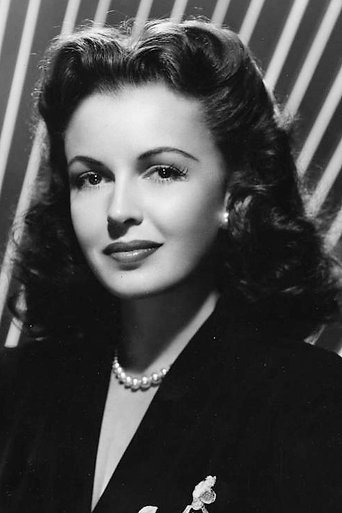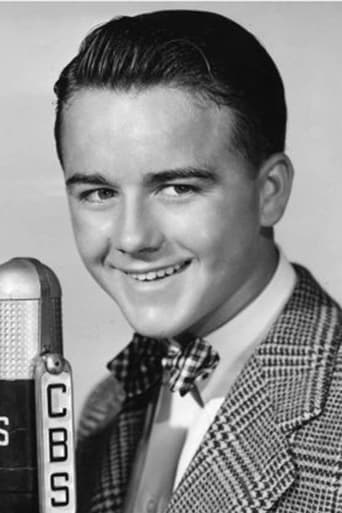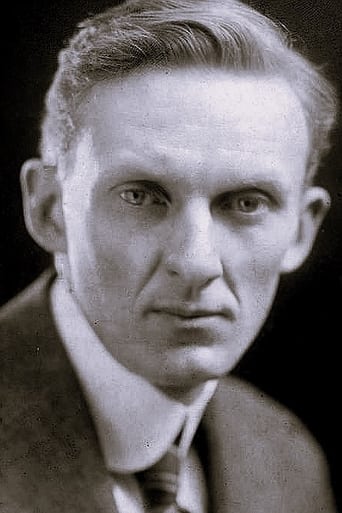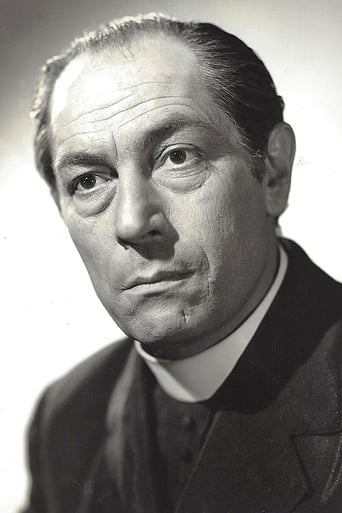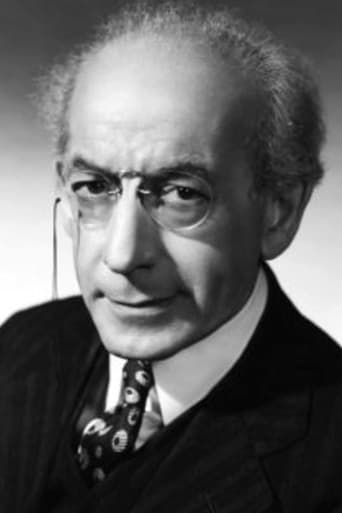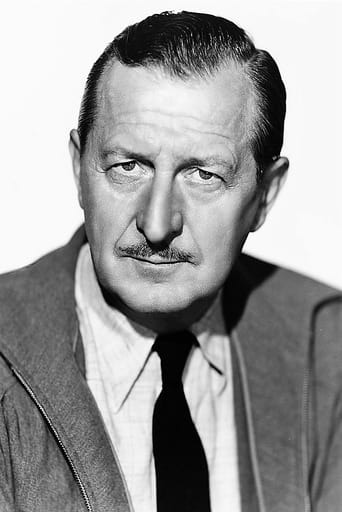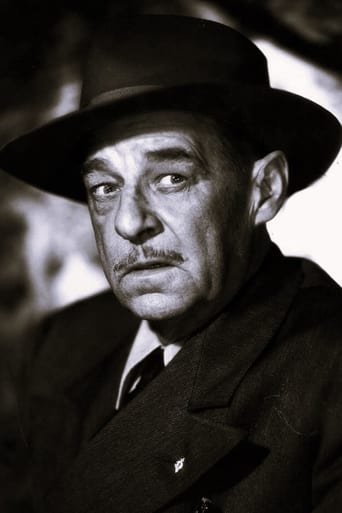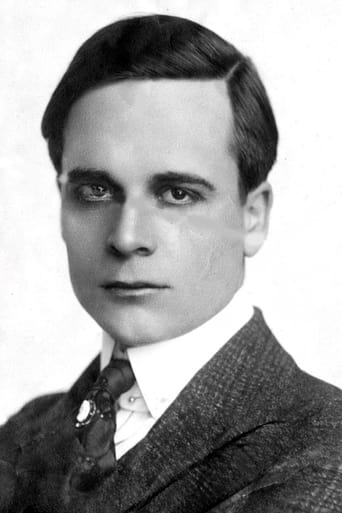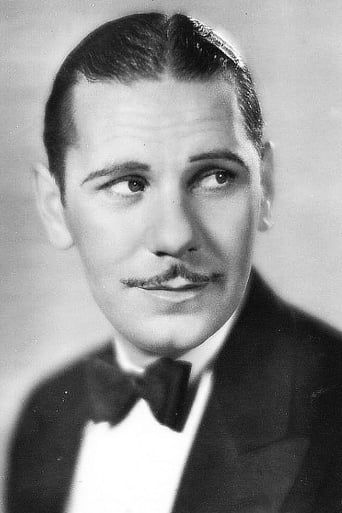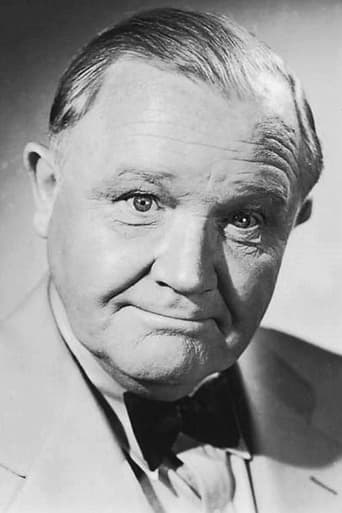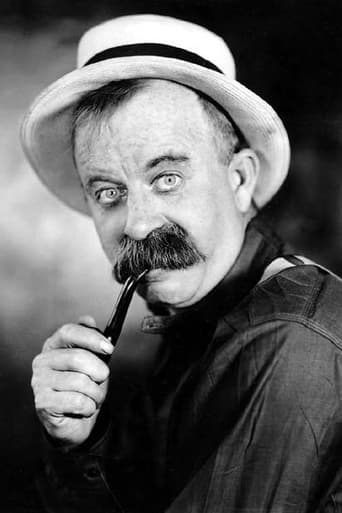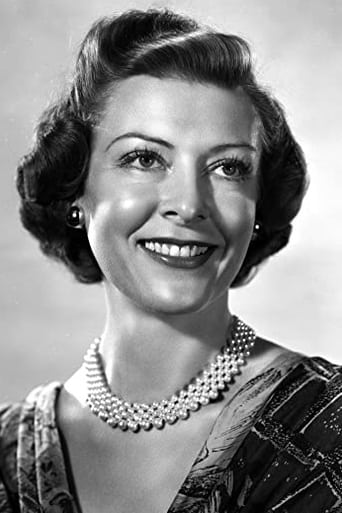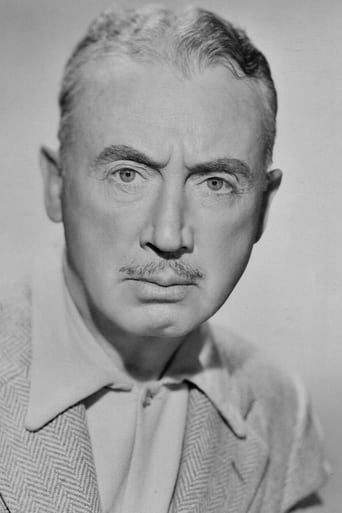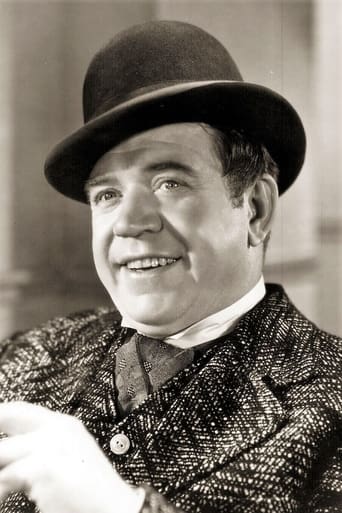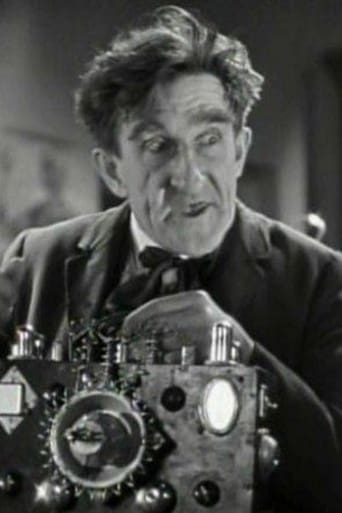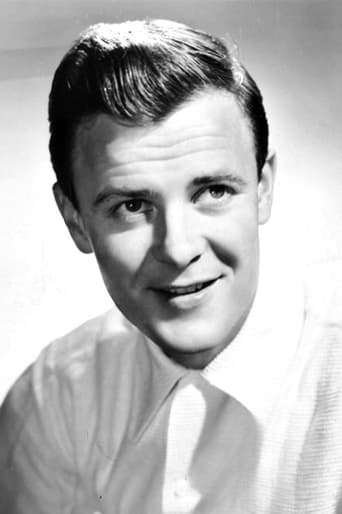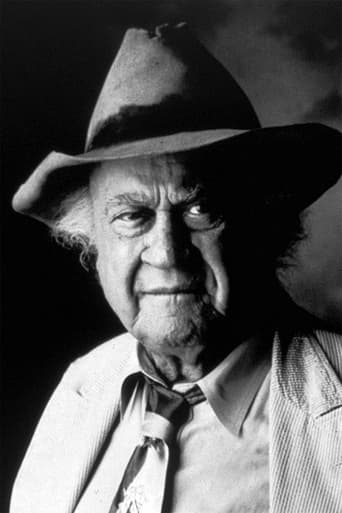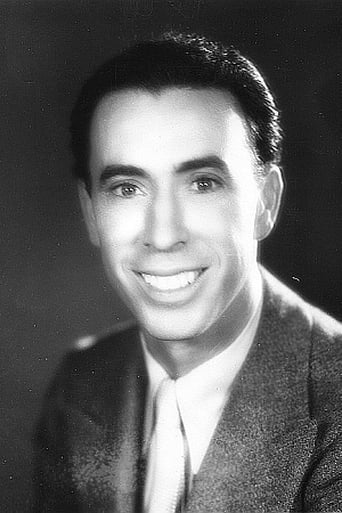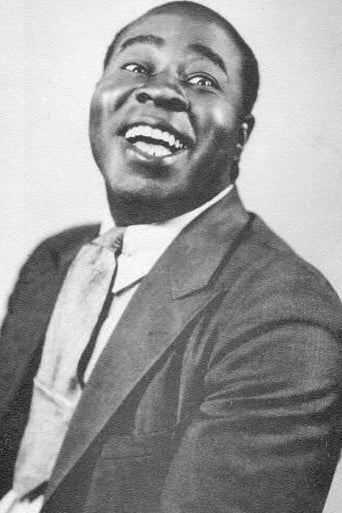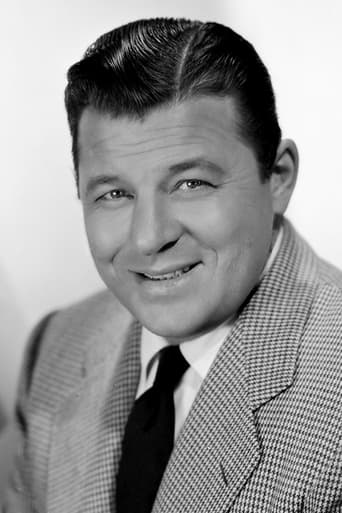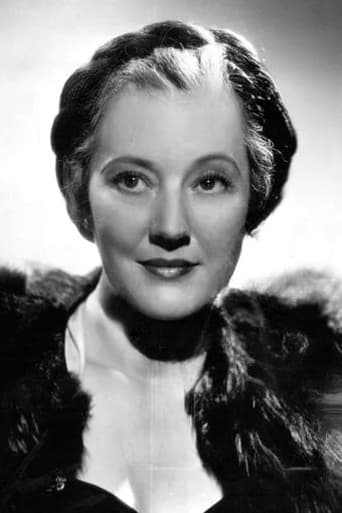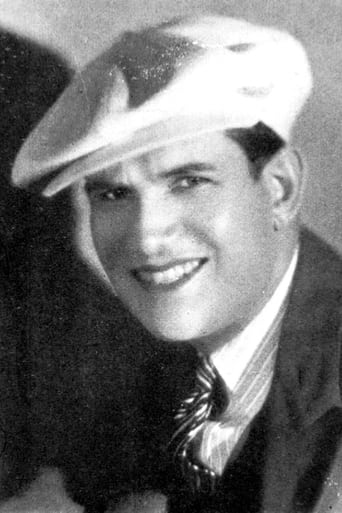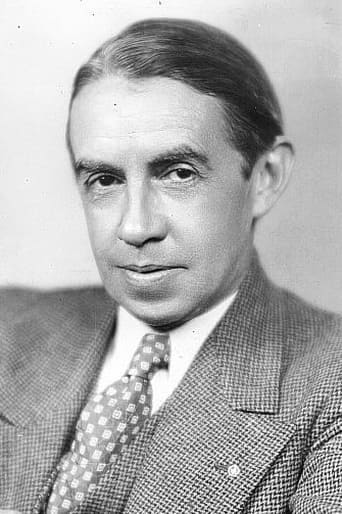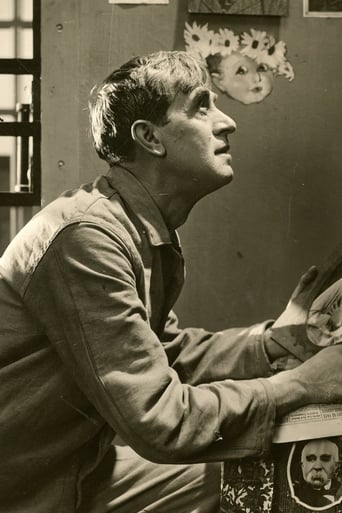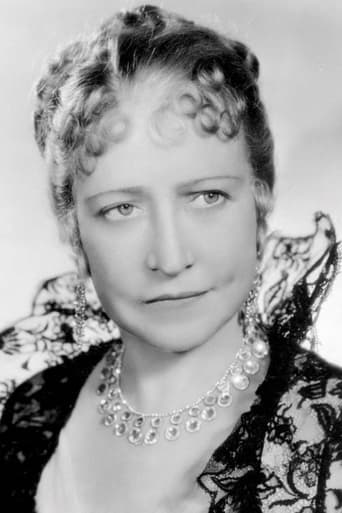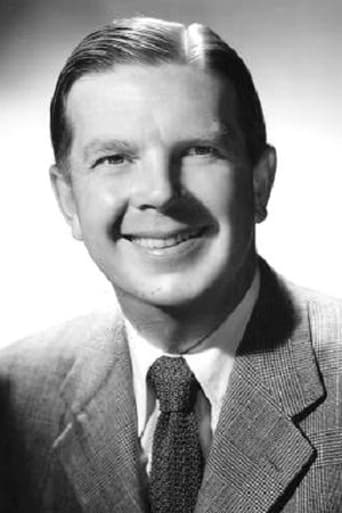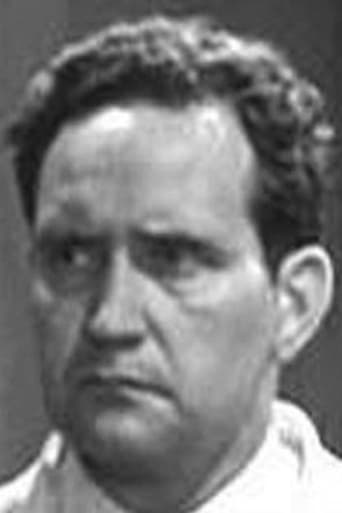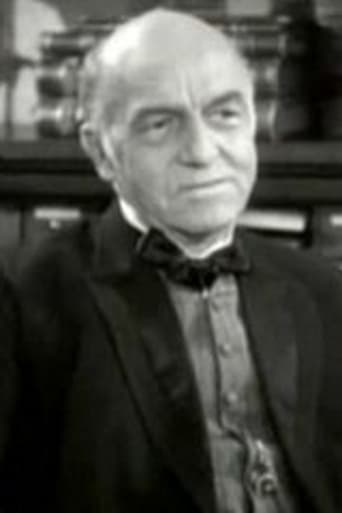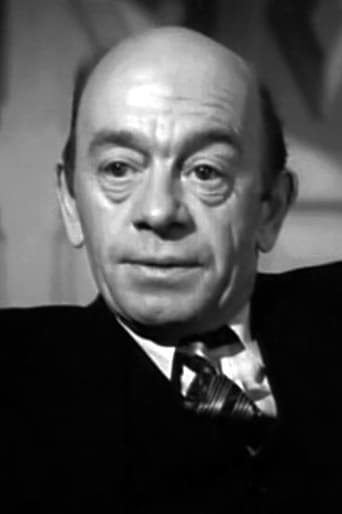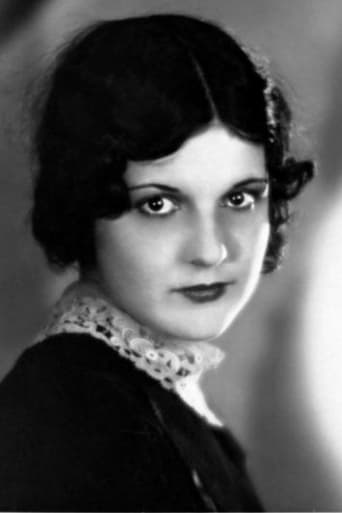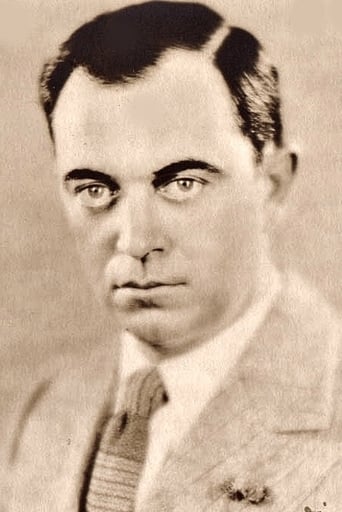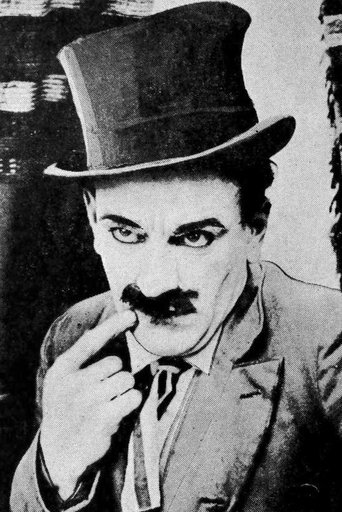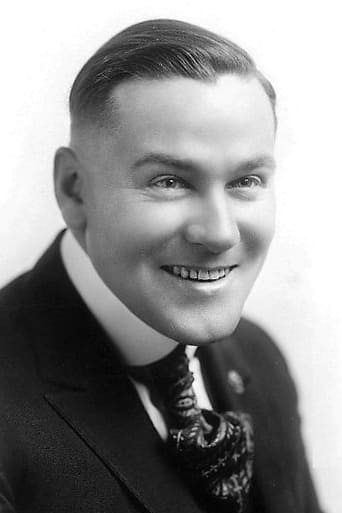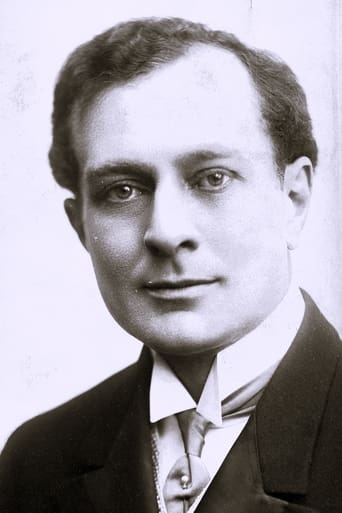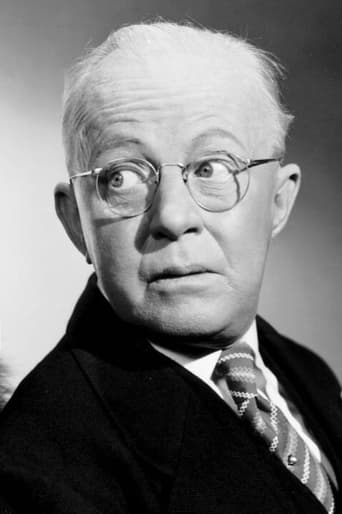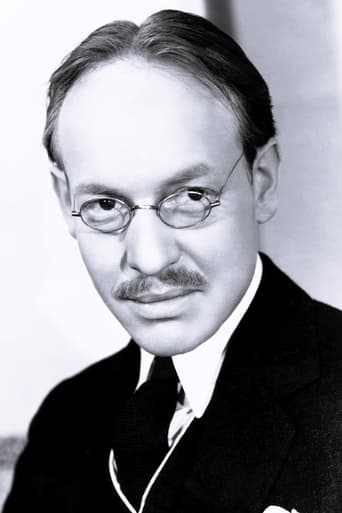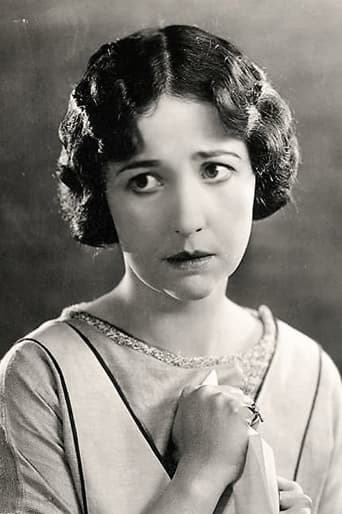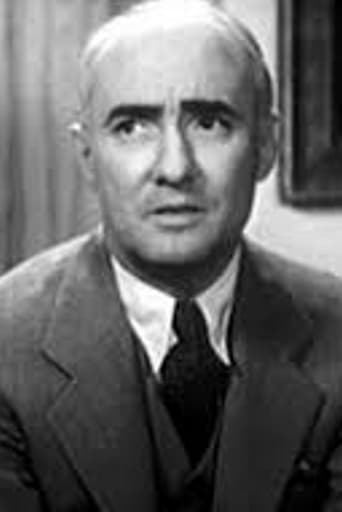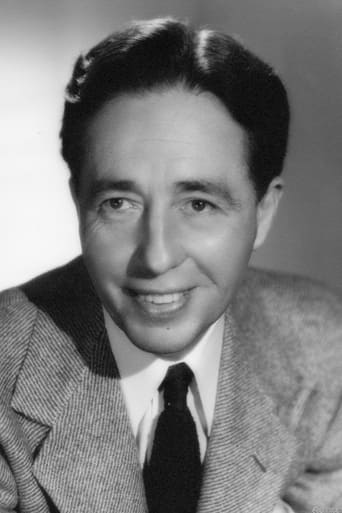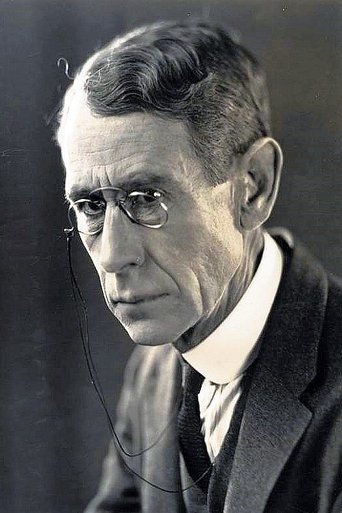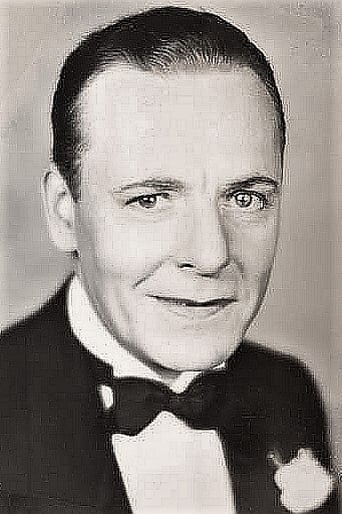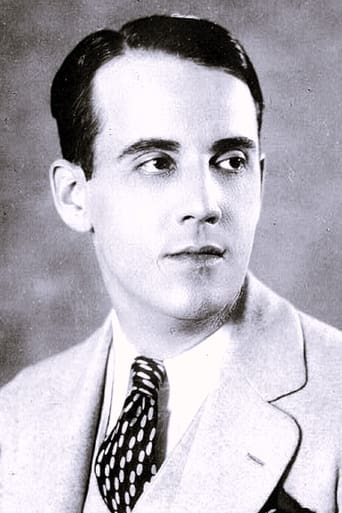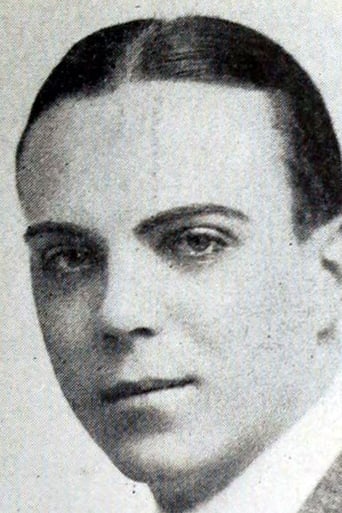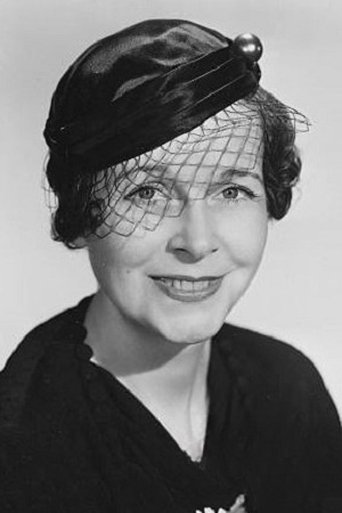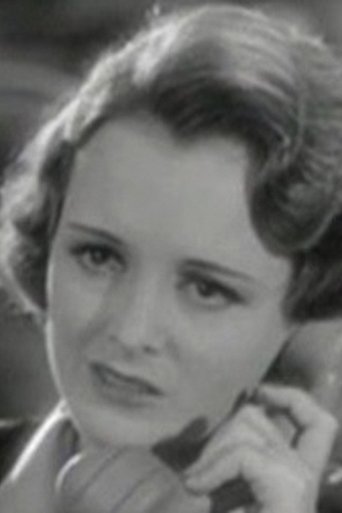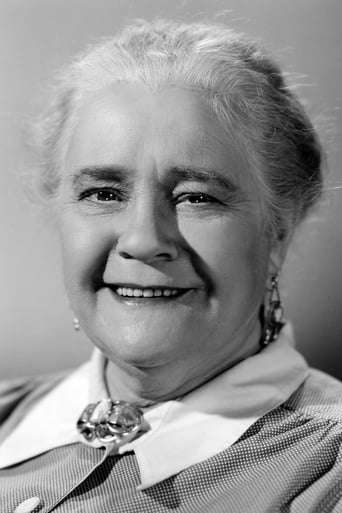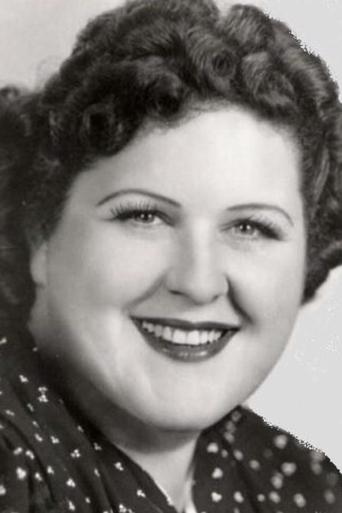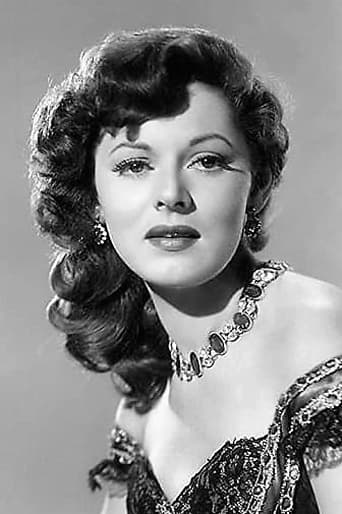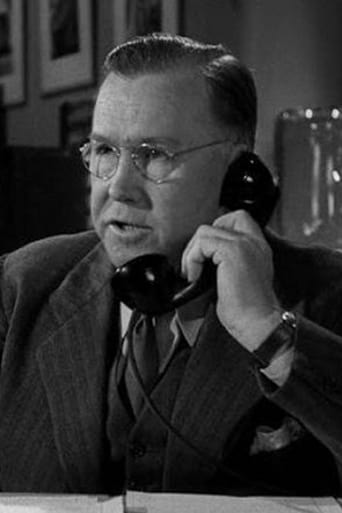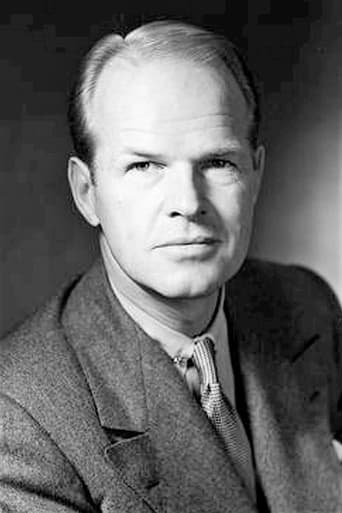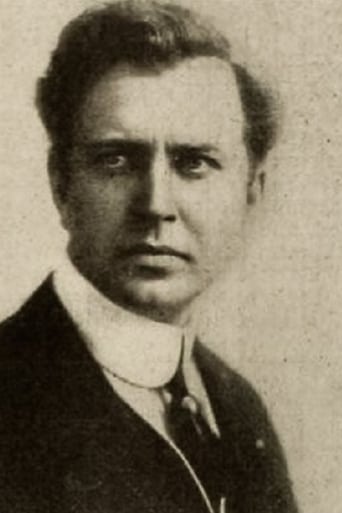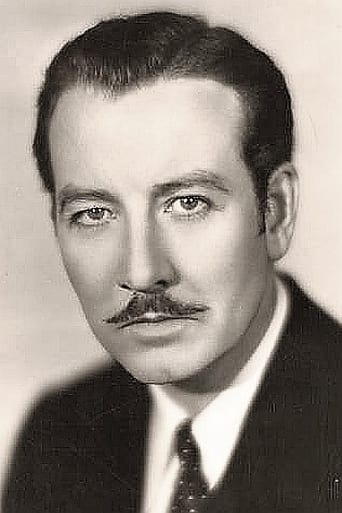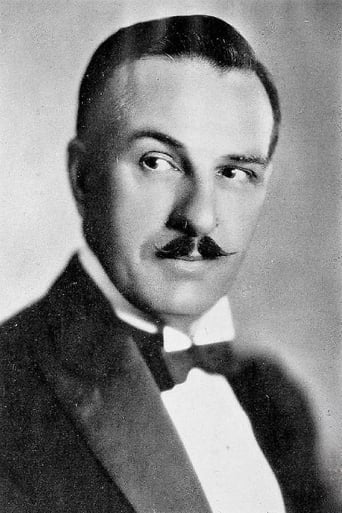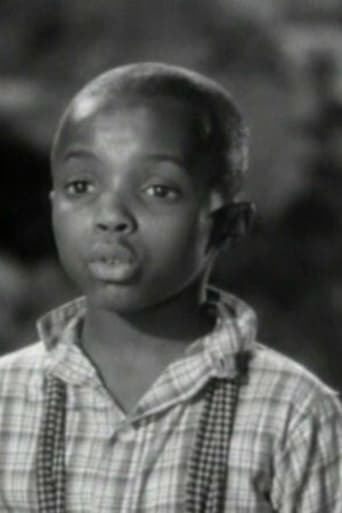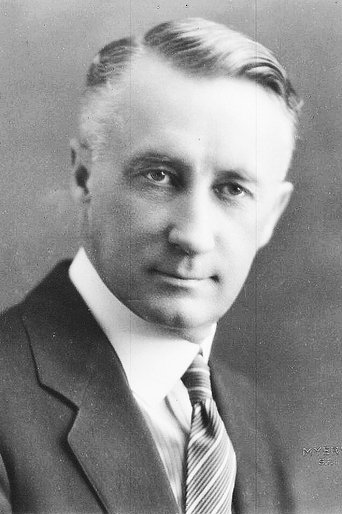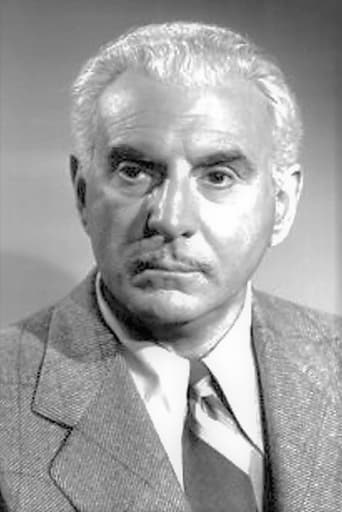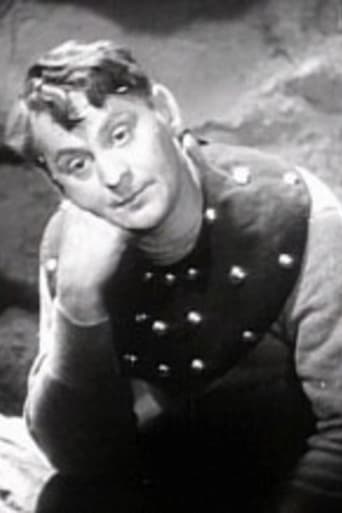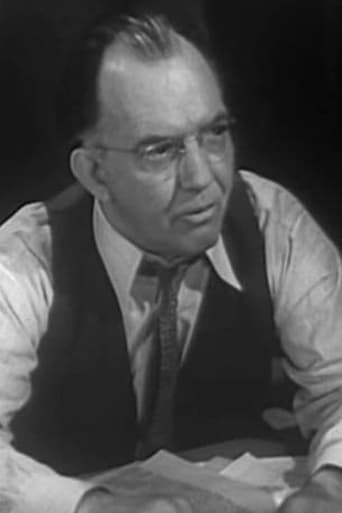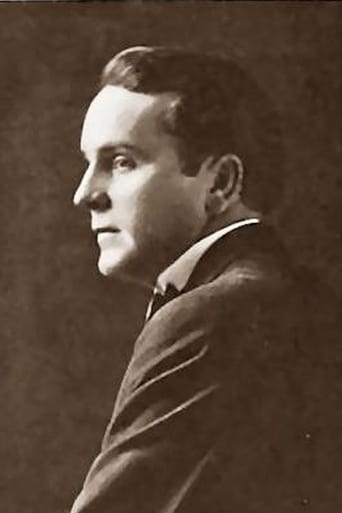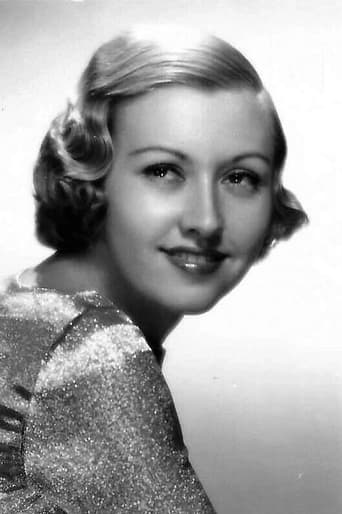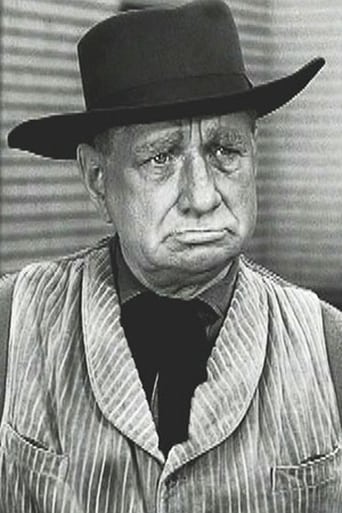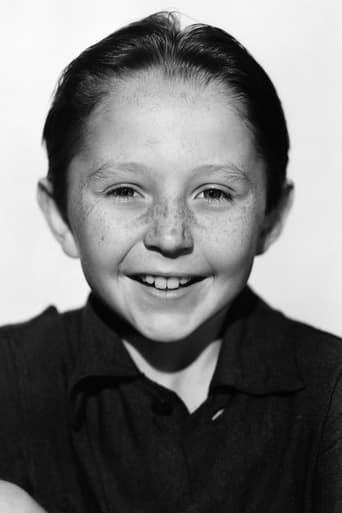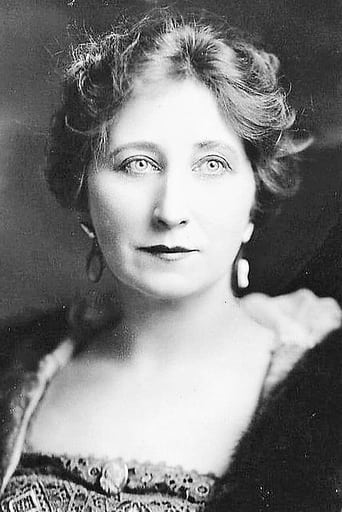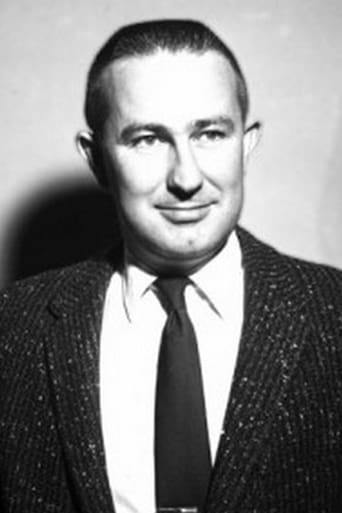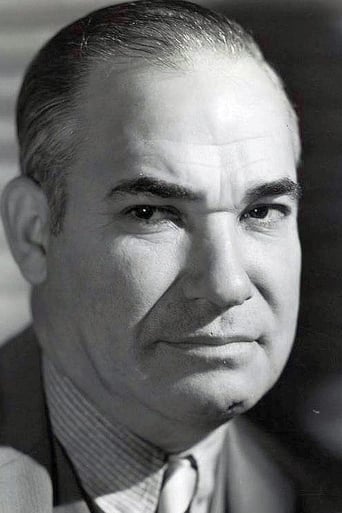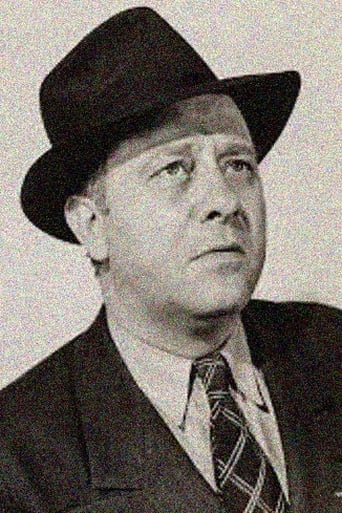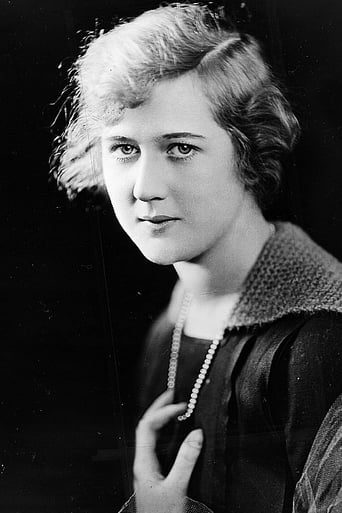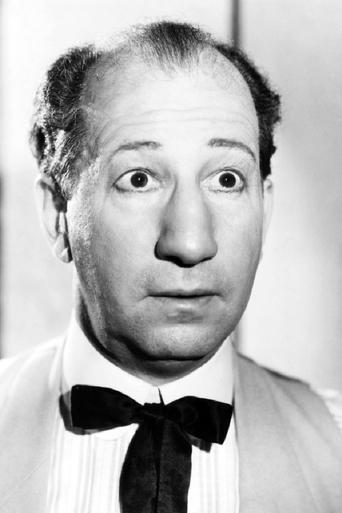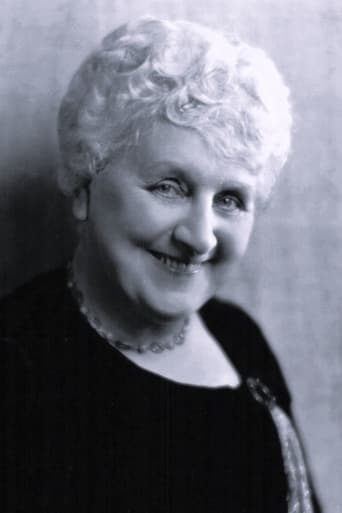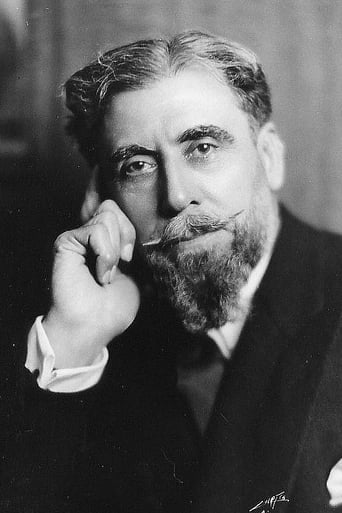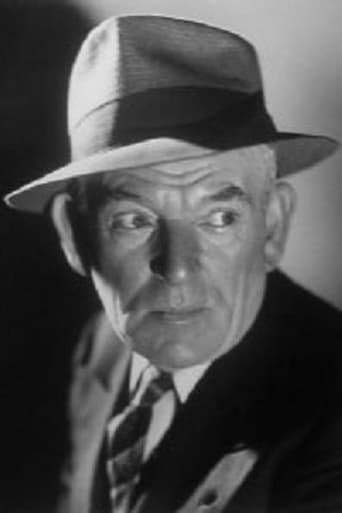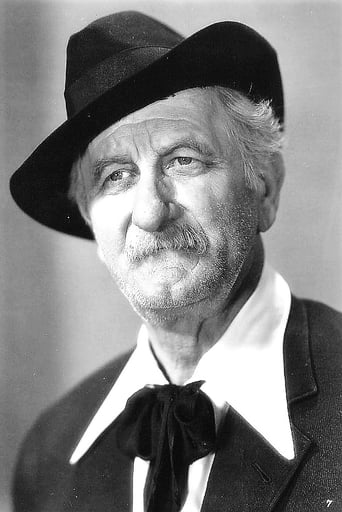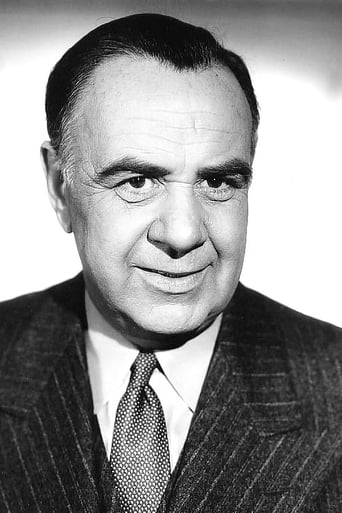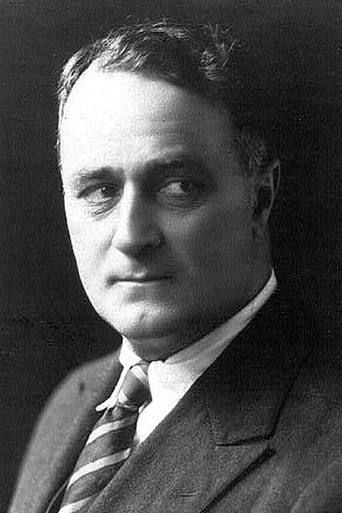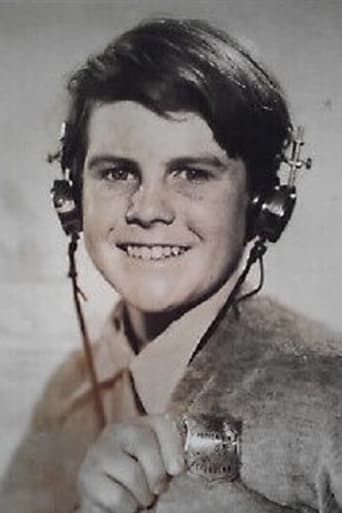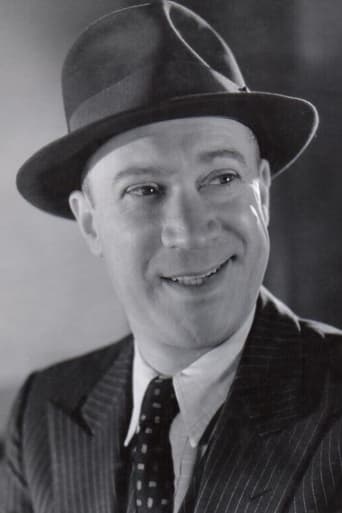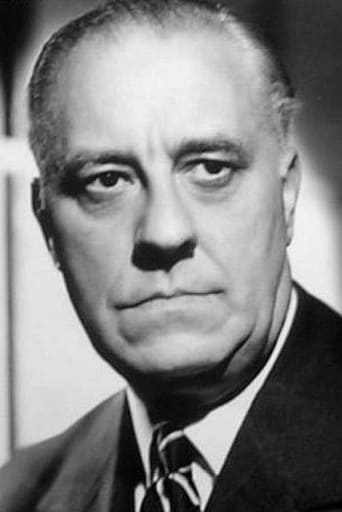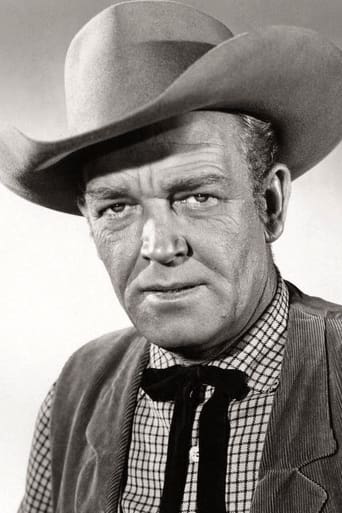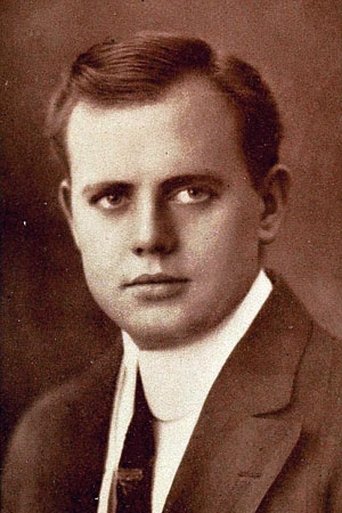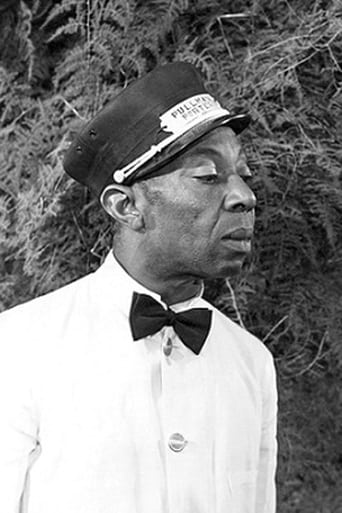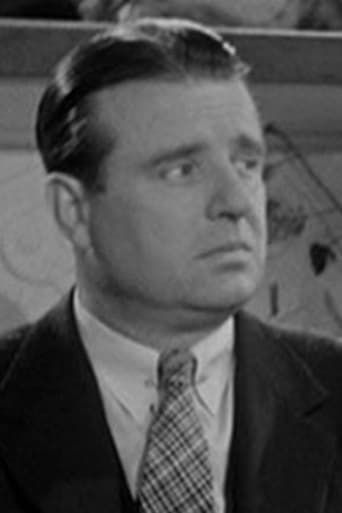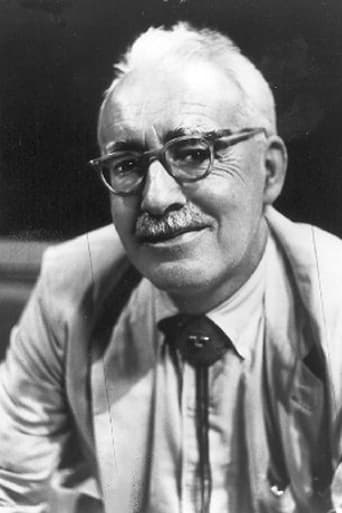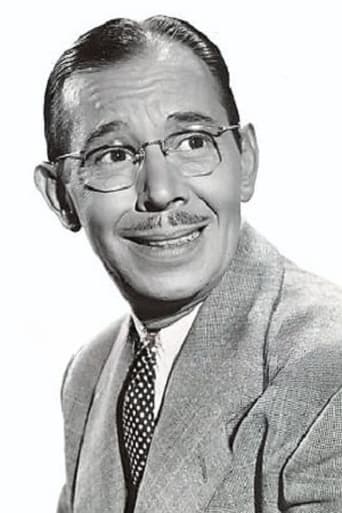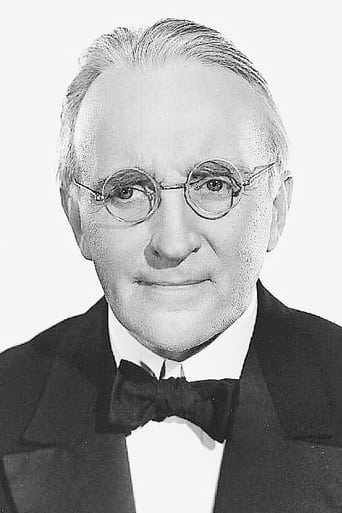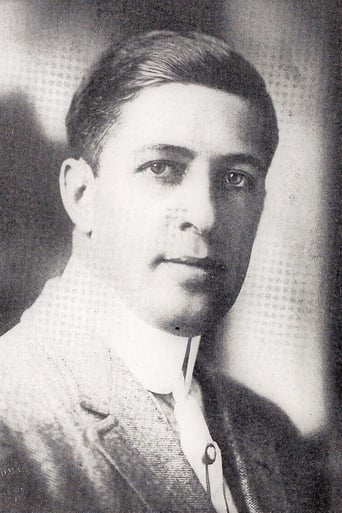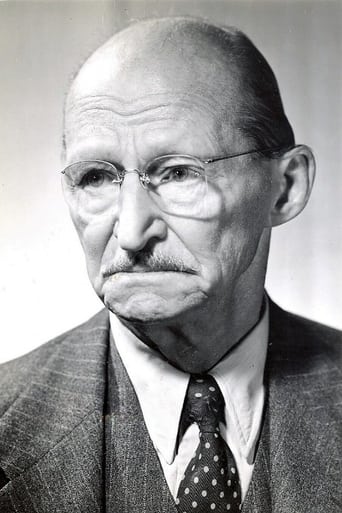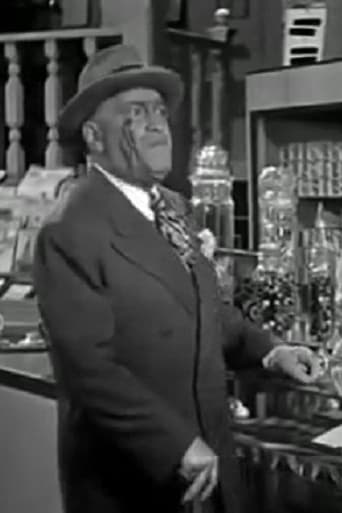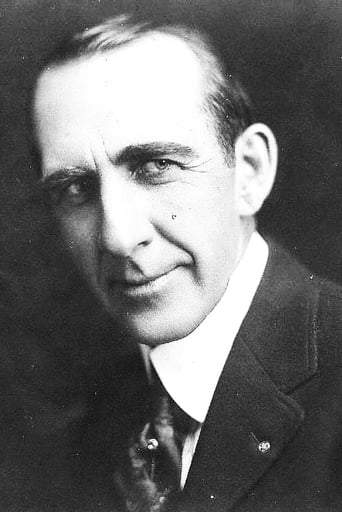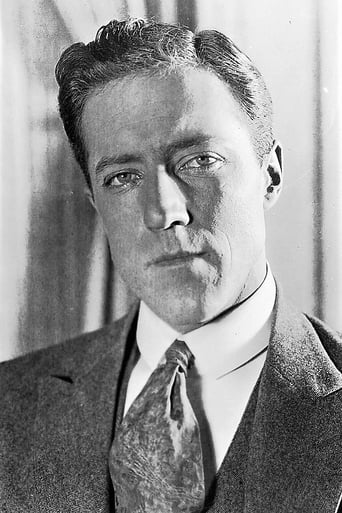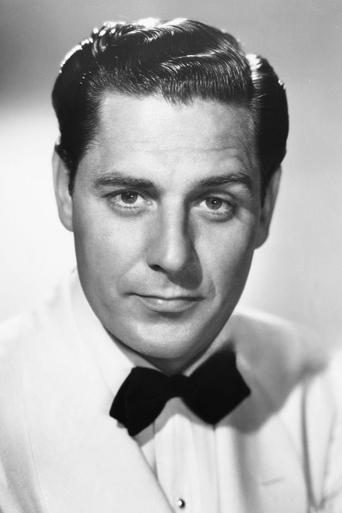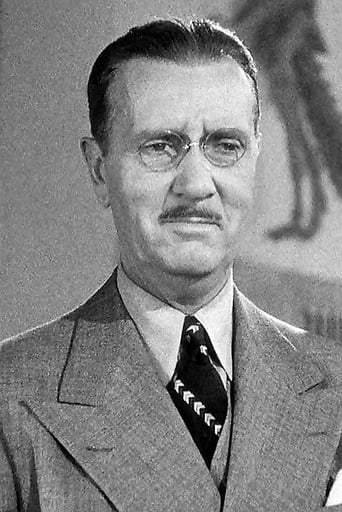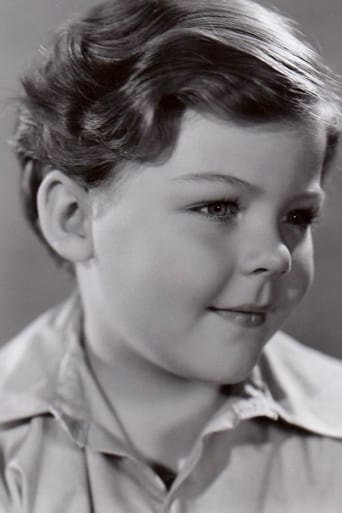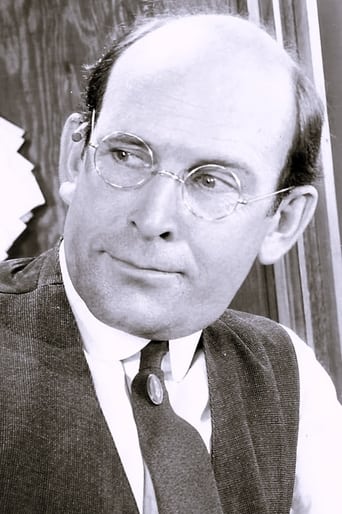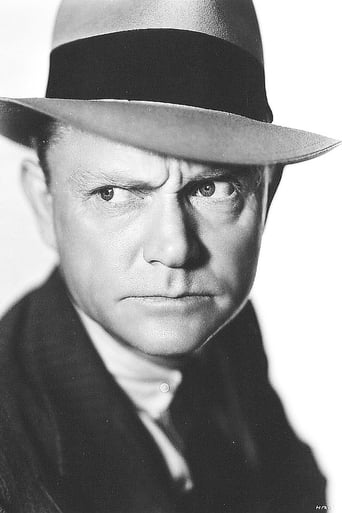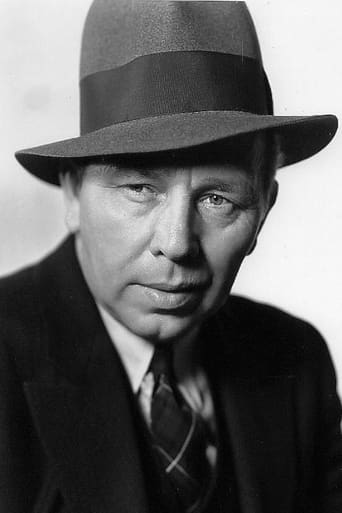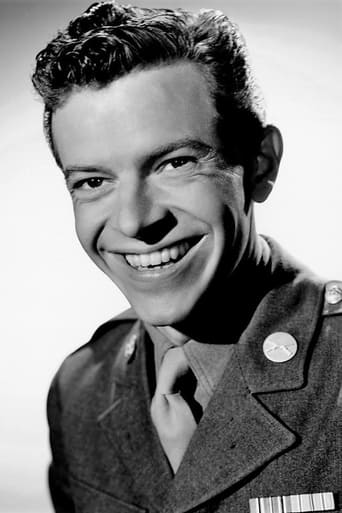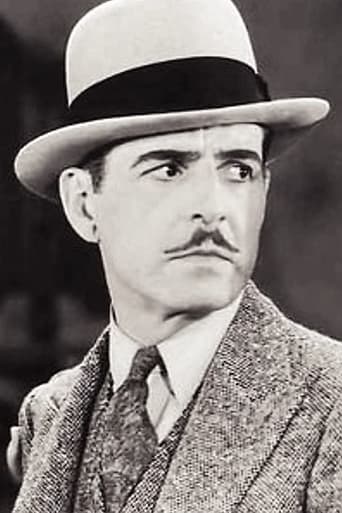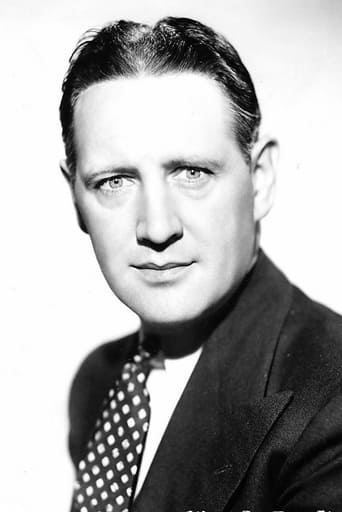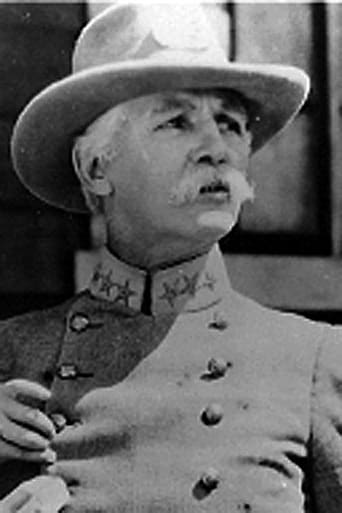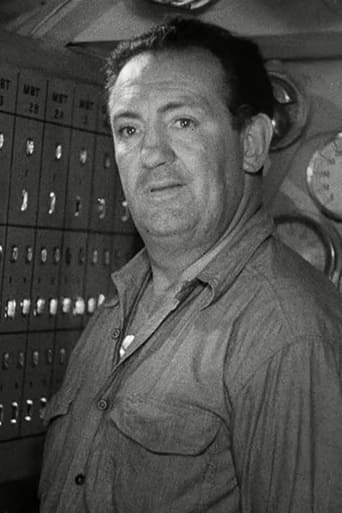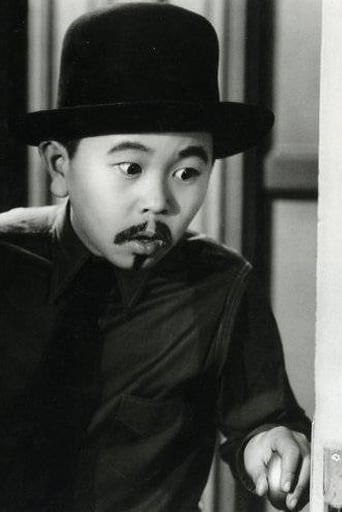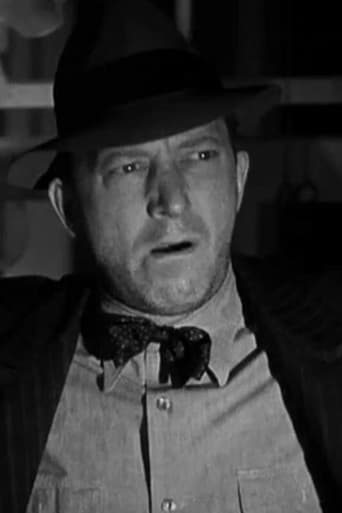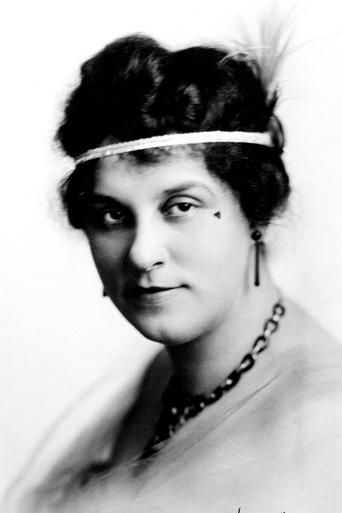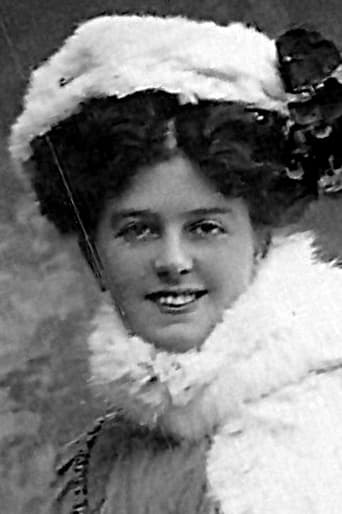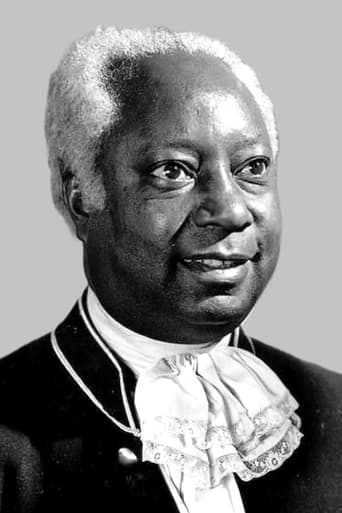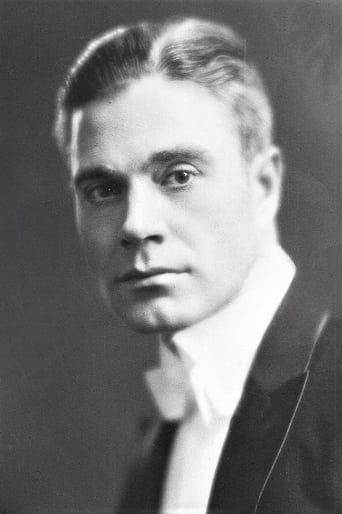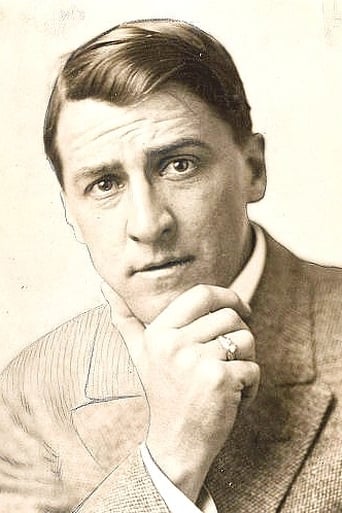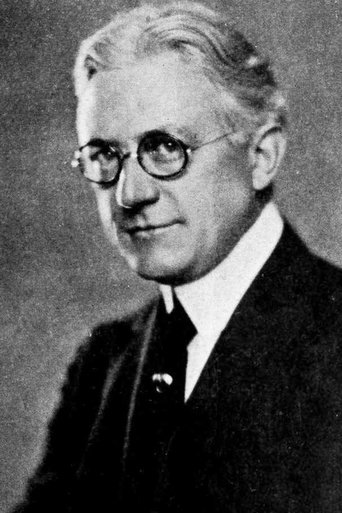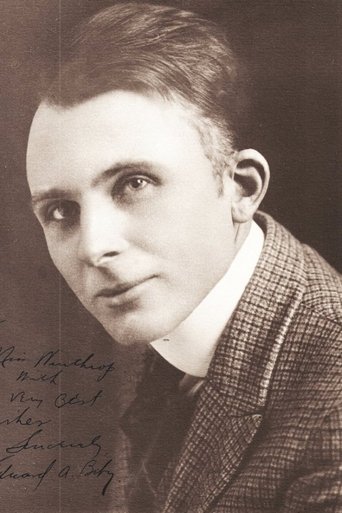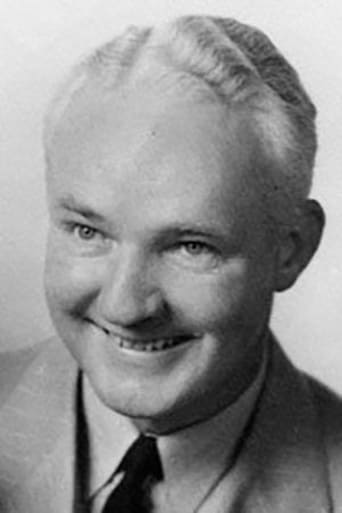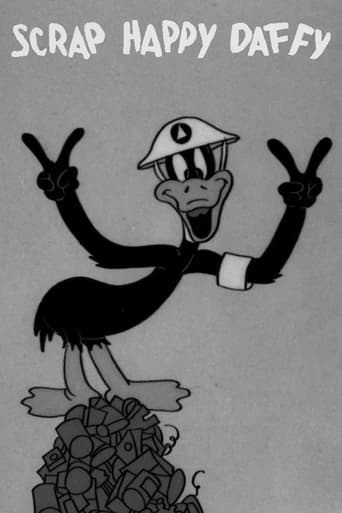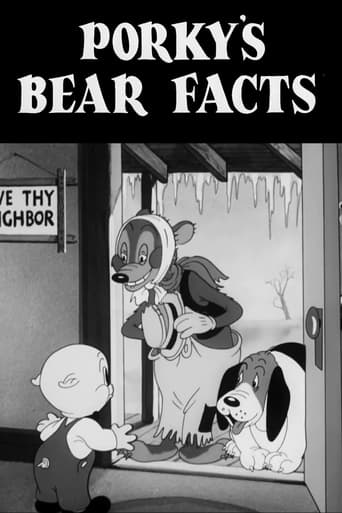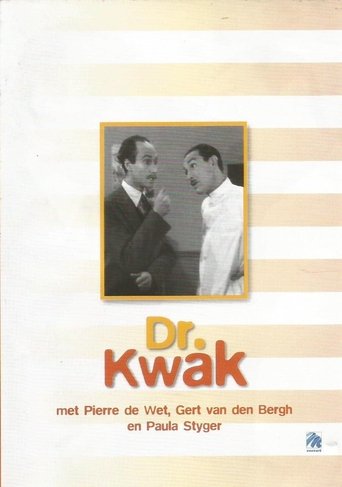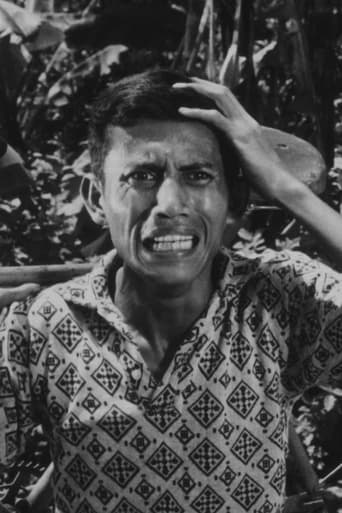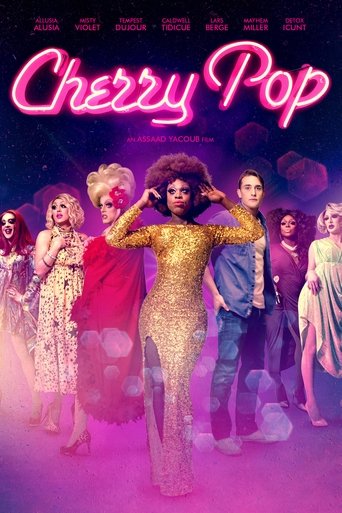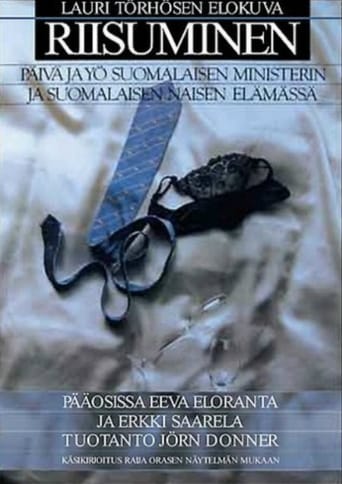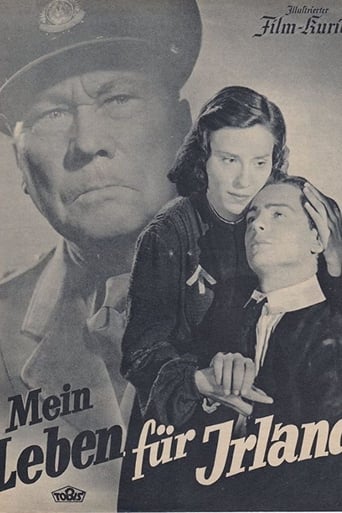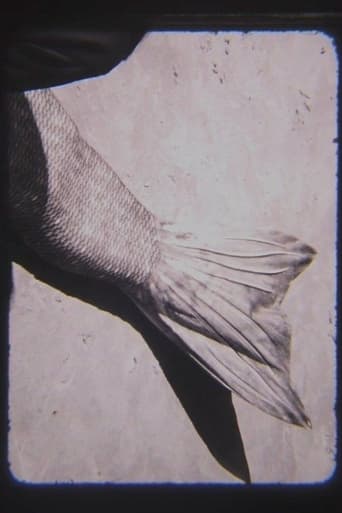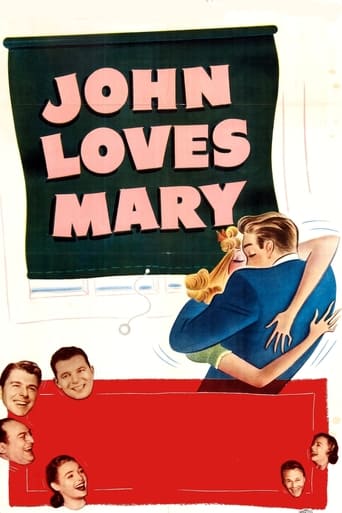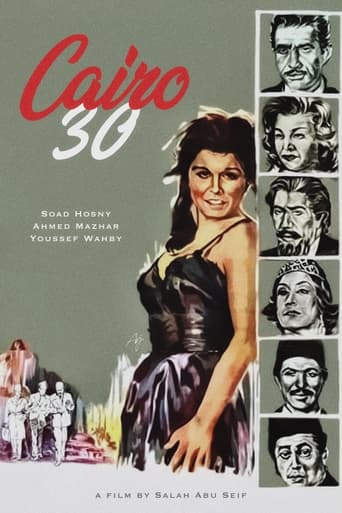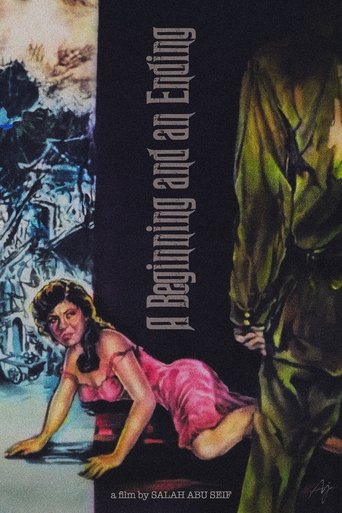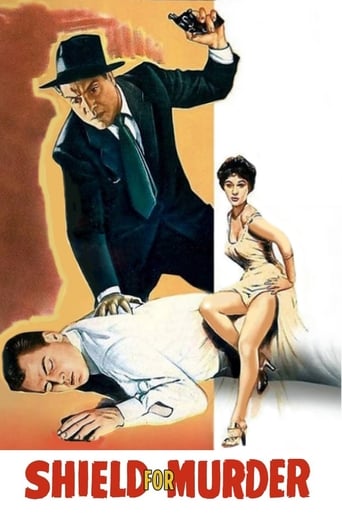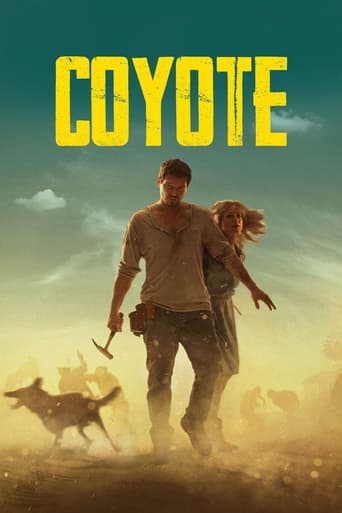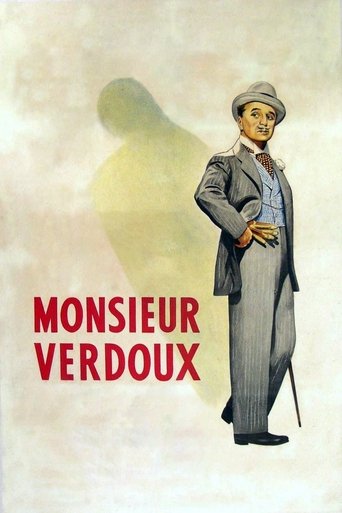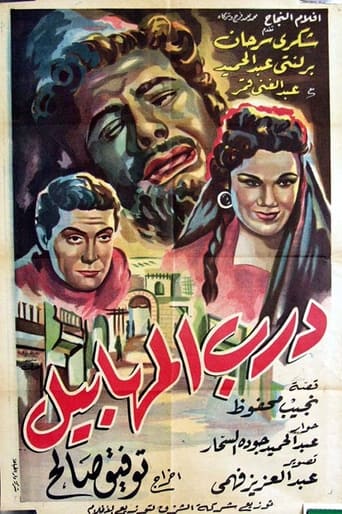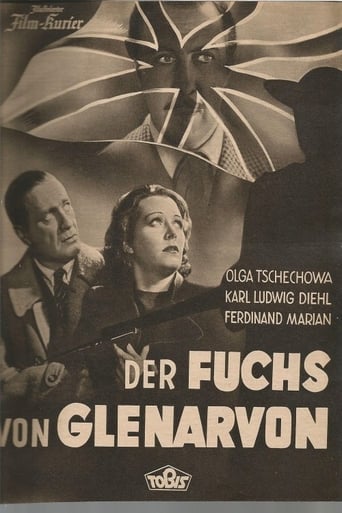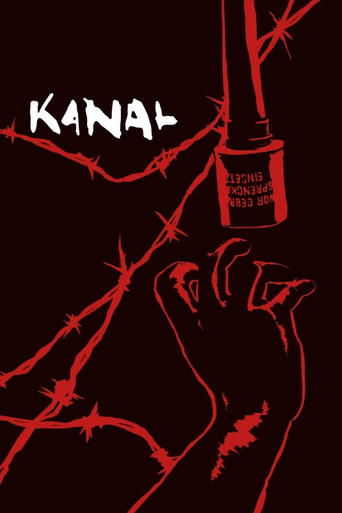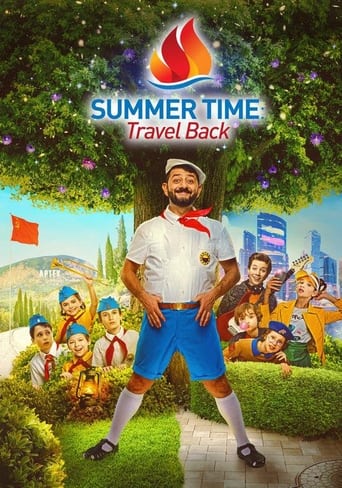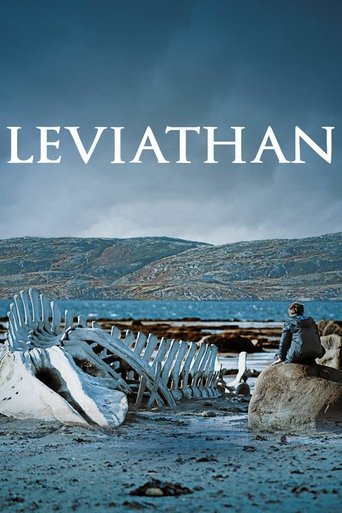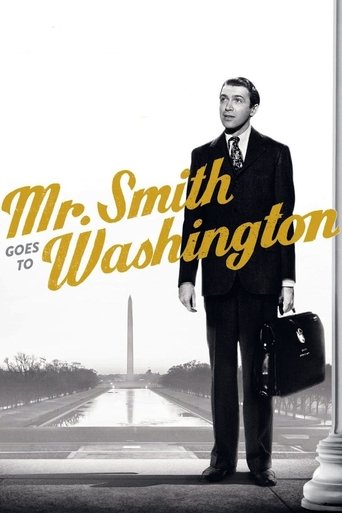
Mr. Smith Goes to Washington (1939)
After the death of a United States Senator, idealistic Jefferson Smith is appointed as his replacement in Washington. Soon, the naive and earnest new senator has to battle political corruption.
- Frank Capra
- Arthur S. Black Jr.
- Sidney Buchman
- Lewis R. Foster
Rating: 7.9/10 by 1045 users
Alternative Title:
Frank Capra's Mr. Smith Goes to Washington - US
스미스씨 워싱턴에 가다 - KR
Mr. Smith au sénat - FR
Сенатор - SU
Mister Smith va a Washington - IT
스미스씨 워싱톤에 가다 - KR
Caballero sin espada - ES
Country:
United States of America
Language:
English
Runtime: 02 hour 09 minutes
Budget: $1,500,000
Revenue: $9,600,000
Plot Keyword: governor, washington dc, usa, senate, senator, sightseeing, politician, idealist, dam, camp, conservative, black and white, disillusionment, political corruption, integrity, usa politics, determination, filibuster, walkout, political machine, smear campaign, expulsion attempt
Fun movie with an interesting story and characters but with an extremely naïve ending. In any case, I must to be seen by Frank Capra and a young James Stewart.
There's an interview somewhere with Bette Davis enthusing about the skills of Claude Rains, and I think this is an example of just what she meant. He is the established senator ("Paine") who has taken the rather stoic view that representing big business some of the time allowing him to represent his electorate the rest of it is a path worth following. When his colleague suddenly dies, it falls to the very political machine he serves to find a replacement. The hapless governor (Guy Kibbee) couldn't make a decision if his life depended on it, but thanks to a lively family dinner alights on local boy scout leader "Jeff Smith" (James Stewart). The man in charge - "Taylor" (Edward Arnold) is convinced that this naive and optimistic young man can do no harm to a pressing project they are hoping to pass through the Senate imminently. Duly appointed, our trusting and doe-eyed young gent heads to a Washington DC where an admittedly rather sentimental bus tour reminds him that he is the heart of his great democracy. "Paine" has assigned the wily "Saunders" (Jean Arthur) to keep an eye on him, and pretty soon they have suggested he find a pet project. A camp for boys from underprivileged backgrounds. That's got to be a benign concept - except, well soon he's got the establishment that sent him there in a complete and pretty violent tizz! Gradually, "Smith" realises that his fanciful desires for his nation are but an illusion. Can he still win through, though? Frank Capra can't resist a little flag waving at the beginning, but once this story gets into it's stride it's a powerful evaluation of just how undemocratic democracies can be. Big business and vested interests prevail - however altruistic they may originally intend to be. Stewart delivers a character brimming with authenticity and integrity; ably assisted by the quick-tongued and very much on-form Arthur and by the always reliable Thomas Mitchell as the gin-soaked reporter "Diz" we build convincingly to a conclusion that.. well you'll have to watch. It's a great drama this, plenty of pace and a script that keeps each persona and the whole scenario engaging from start to finish. One of the best, I reckon - and if you can, it's well worth seeing on a big screen for two hours that flies by.
**A strangely current film that, using comedy, shows us well the problems that affect our democratic system.** I only discovered this film a few days ago. It is quite evident that it has fallen into total oblivion and few people remember it. However, it is worth revisiting. It's a comedy in which an idealistic scoutmaster is recruited for the position of senator, finding himself in a corrupt environment where idealism seems to have disappeared. There is also a romantic plot essay between a congressman's daughter and the main character, but I think this is unnecessary as it serves absolutely no purpose. Despite being a comedy, the film brings us very serious messages that are worth reflecting on. The most obvious is the importance of fighting for noble values and just causes, regardless of whether they are difficult, raise objections or result in discomfort. There is a special nobility in pure idealists, even if their ideas are not very doable. The film also highlights the corruption in the political system, the promiscuity between politics and business, and the way in which a few men with political power and money control the media and stifle press freedom, restraining journalists and forcing them to tell their versions of the truth. Unfortunately, these problems persist, they have worsened and make the film very current. Politics has never been as badly attended as it is today; never has the poor quality of politicians been so evident; it has never been easier to be corrupt in positions of power; it was never been so clear the connection between political parties, big companies and banks, where politicians go when they leave the office. And with the amount of fake or highly manipulated news that circulates on social media like wildfire, it has never been easier to manipulate truth. For these reasons, our democracies, which we strive to build and want to preserve, are seriously ill. If people have dissociated themselves from politics, disgusted by what they see, and don't want to hold an office or exercise the right to vote, it's our fault, we let the rats take over the ship. The film is not subtle, even though there is never any mention of political parties or North American states, and a clear warning is made that the story is absolute fiction. I can, therefore, understand the terrible reaction it aroused among politicians and the party apparatus, but it is still curious that it was banned in European dictatorships (I don't know if it reached Portugal, but it was banned in Nazi Germany, Fascist Italy and of Francoist Spain), fearful that the film would show the advantages of the democratic system. In fact, despite ending well, the film shows its most serious weaknesses. I also don't understand why the US Scouts refused to be associated with the project, considering that the film portrays a really good image of them! Nominated for eleven Oscars at the 1940 ceremony, it was one of the favorites that year, but only won the statuette for Best Original Screenplay, which makes it one of the losers of the night. With excellent cinematography and incredible work on sets and costumes, it was one of the studio's biggest bets that year. The number of renowned actors among the cast is quite remarkable and shows the commitment and budget available for the project. James Stewart knew well how important it could be for his career, and his commitment was total, providing us with one of the most intense works he has done. Beside her, the friendly Jean Arthur ensures a strong and impactful female presence. Claude Rains and Edward Arnold also deserve praise for their work on this film, as does Harry Carey, who said more with a smile than with a full speech.

